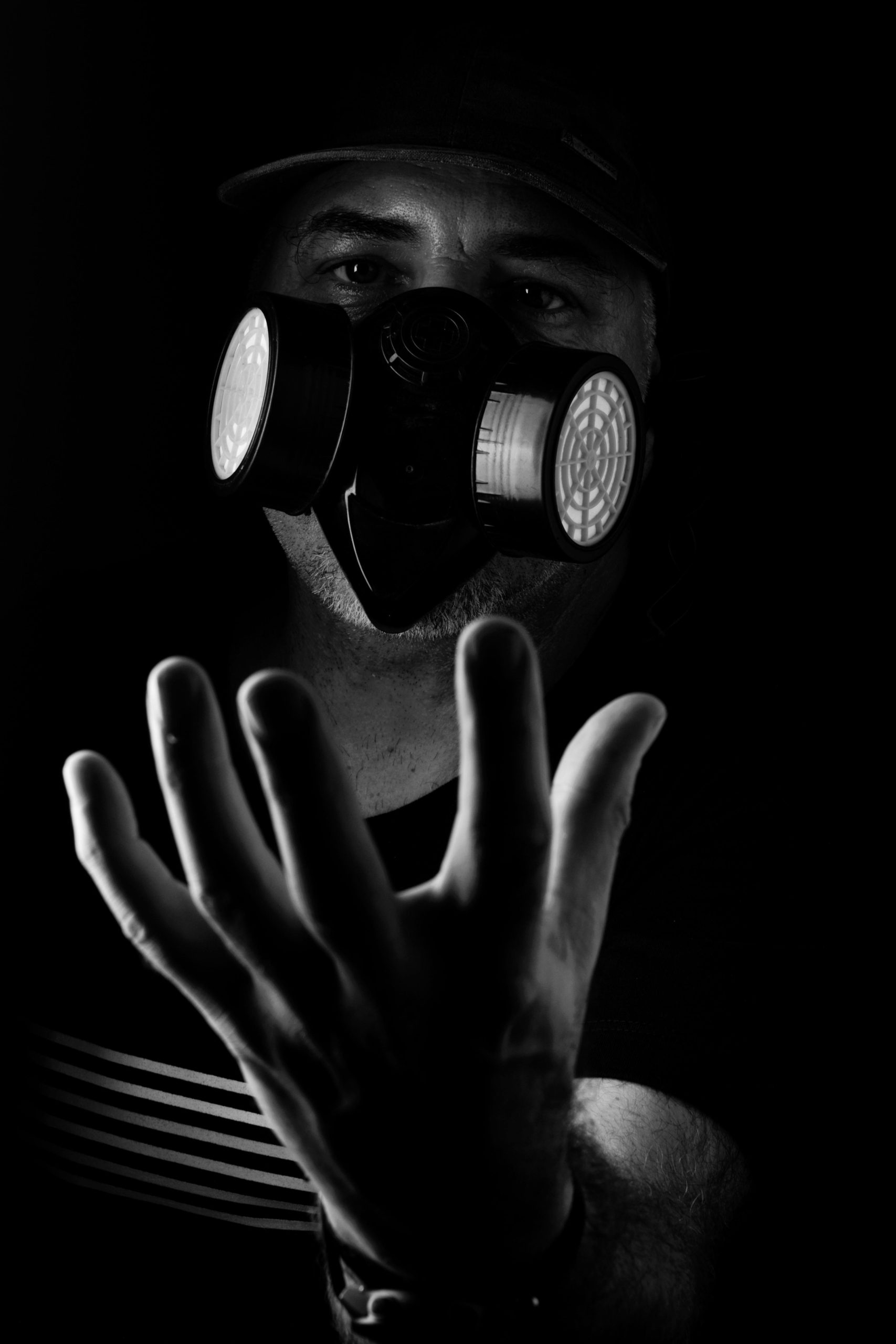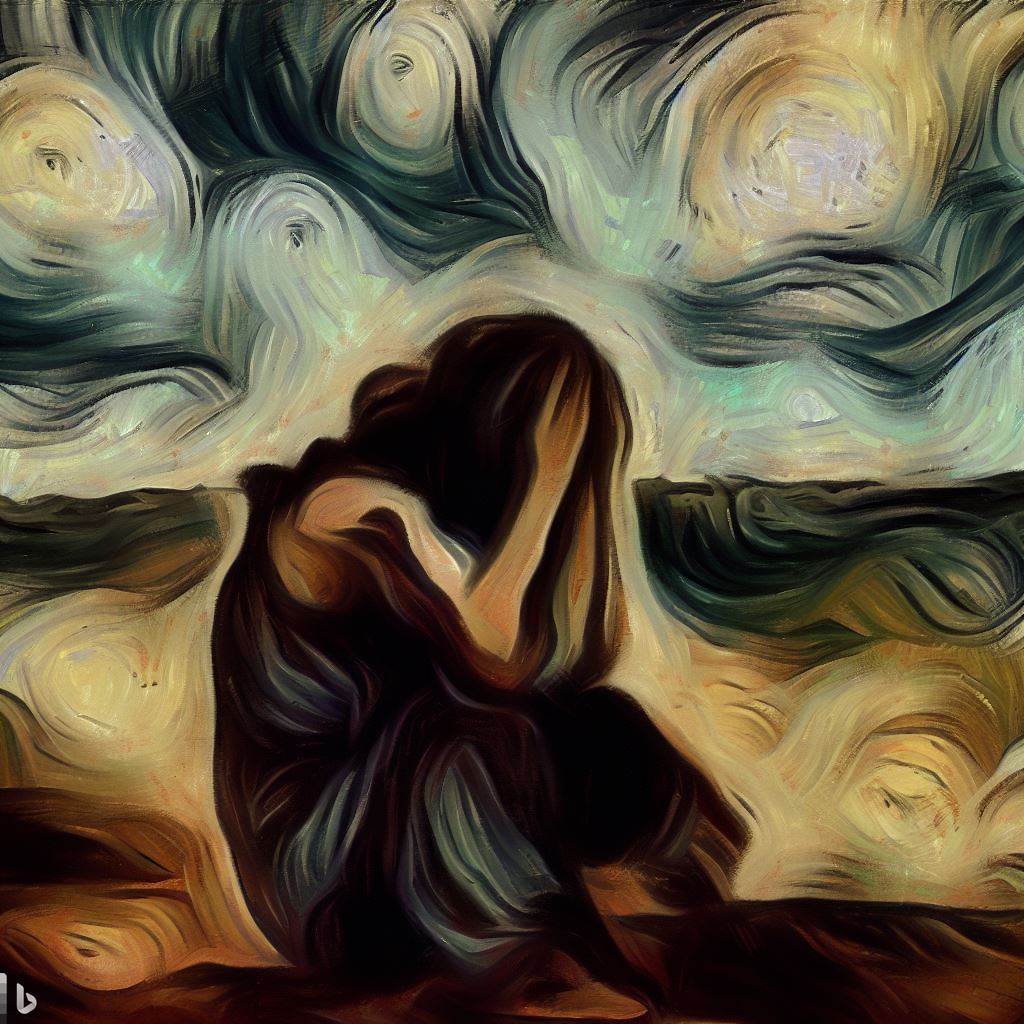The Concept of a Manufactured Apocalypse: An Exploration of Dystopian Theories
In today’s world, the notion of a covert group orchestrating a manufactured apocalypse may seem like a premise straight out of a dystopian novel. Yet, the fascination with this concept reflects deeper anxieties regarding the state of our society and the unseen forces that may be at play.
Imagine, if you will, a clandestine organization fueled by extreme ideologies who believe they are the chosen ones—a select group prophesied to survive a cataclysm while the rest of humanity faces destruction. This troubling perspective posits that these individuals perceive the general populace as expendable, diminishing our value to mere collateral in their grand design.
Consider the unsettling idea that this hidden sect is actively contributing to the degradation of life. Could they be disseminating toxic substances through the very air we breathe or the food we consume? The hypothesis suggests that these actions are intended to weaken the masses, preventing us from achieving our fullest potential.
Moreover, the theory extends to the deliberate orchestration of what would appear to be natural catastrophes—floods, wildfires, and pandemics—seemingly contrived scenarios leading to societal turmoil. Imagine that these disasters aren’t merely random acts of nature but rather engineered events designed to incite fear, division, and chaos among the populace. What if false narratives were propagated to fuel unrest, drive wedges between communities, and ignite anger?
The speculative scenario suggests a chilling vision of a world where those in power see themselves as the torchbearers of righteousness, believing that they alone will emerge from the ashes of a crumbling society. In this dark narrative, unity is sacrificed on the altar of division, as manipulation breeds suspicion and hostility among us.
While the idea of a manufactured apocalypse may feel far-fetched, it invites us to examine the fraught dynamics of power, trust, and the intricate web of influences that shape our reality. As we navigate these complex issues, it’s essential to remain vigilant, question the narratives put forth, and strive for a society built on empathy and understanding rather than fear and division.
In exploring these themes, we open a dialogue about our shared responsibility to foster a more harmonious world, resisting any forces that aim to undermine our unity. The journey toward understanding begins with awareness and critical thought—our best defense against the specter of a manufactured apocalypse.




This is a thought-provoking exploration of the idea of a manufactured apocalypse and the underlying psychological and societal dynamics that may contribute to such theories. One of the most compelling aspects is how these narratives tap into widespread fears and uncertainties – particularly in an age characterized by rapid change and the overwhelming influence of misinformation.
It’s interesting to consider how the concept of a manufactured apocalypse serves as both a cautionary tale and a mirror reflecting our collective consciousness. In many ways, the anxieties surrounding these theories can be linked to tangible societal issues, such as inequality, environmental degradation, and political unrest. The thought that a hidden group might control our fate often stems from a profound sense of powerlessness in the face of these massive challenges.
What should also be acknowledged is the importance of distinguishing between valid critiques of systems of power and the unfounded conspiracies that can lead to division rather than unity. Engaging critically with real sociopolitical issues—such as corporate influence in climate denial or media manipulation—provides a productive outlet for our fears and encourages constructive dialogue and action.
Furthermore, your call for empathy and understanding as a counterforce to division is crucial. Promoting open discussions about our shared vulnerabilities can help bridge gaps between communities, fostering resilience against those who might seek to exploit our fears. Let’s use the insights from this dystopian lens to inform our actions and cultivate a society grounded in awareness, cooperation, and hope. After all, the paths we choose today can shape the world we inhabit tomorrow.